Observation — activity of both eyes and ears
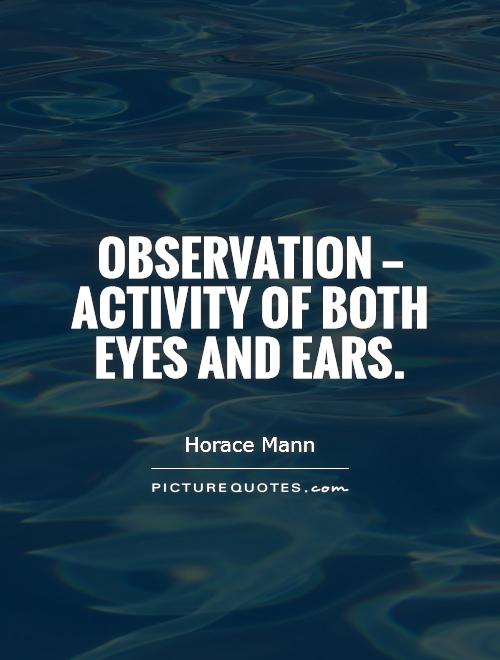
Observation — activity of both eyes and ears
Horace Mann, often referred to as the "Father of American Education," was a prominent advocate for public education in the United States during the 19th century. Mann believed that education was the key to social progress and that all children, regardless of their background, should have access to a quality education. One of the key principles that Mann emphasized in his educational philosophy was the importance of observation as an essential tool for learning.Observation, according to Mann, was not simply the act of seeing or hearing, but rather an active engagement of both the eyes and ears in order to fully understand and comprehend the world around us. Mann believed that through careful observation, students could develop critical thinking skills, make connections between different concepts, and ultimately become more informed and engaged citizens.
Mann's emphasis on observation as a fundamental aspect of learning was influenced by the educational theories of his time, particularly the ideas of Swiss educator Johann Heinrich Pestalozzi. Pestalozzi believed that education should be based on the natural development of the child, and that observation was a key method for fostering this development. Mann took these ideas and applied them to the American context, advocating for a more hands-on, experiential approach to education that would allow students to actively engage with the world around them.
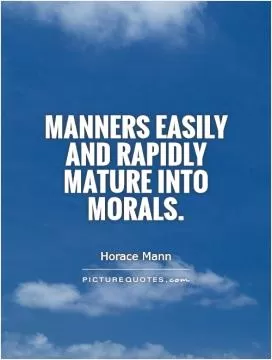


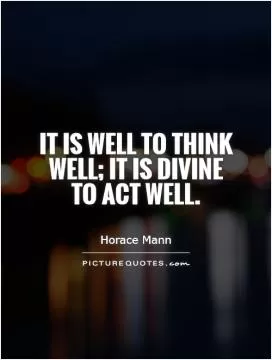
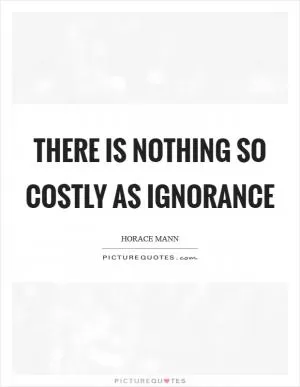
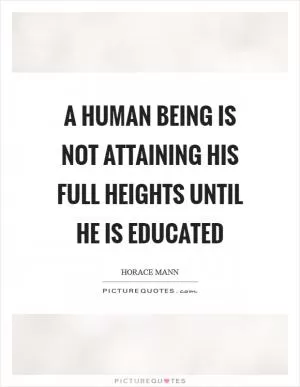
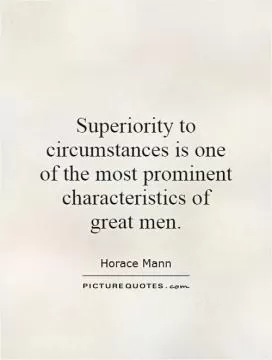

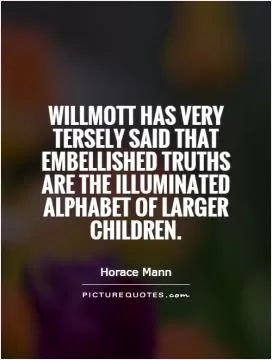
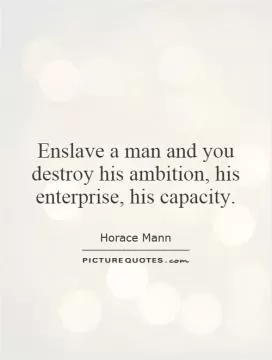
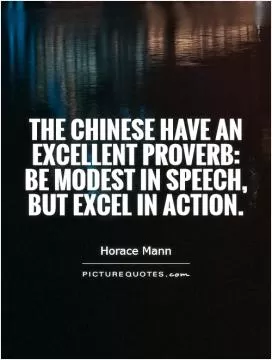
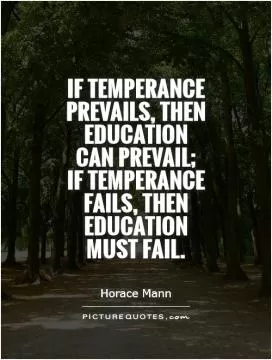
 Friendship Quotes
Friendship Quotes Love Quotes
Love Quotes Life Quotes
Life Quotes Funny Quotes
Funny Quotes Motivational Quotes
Motivational Quotes Inspirational Quotes
Inspirational Quotes